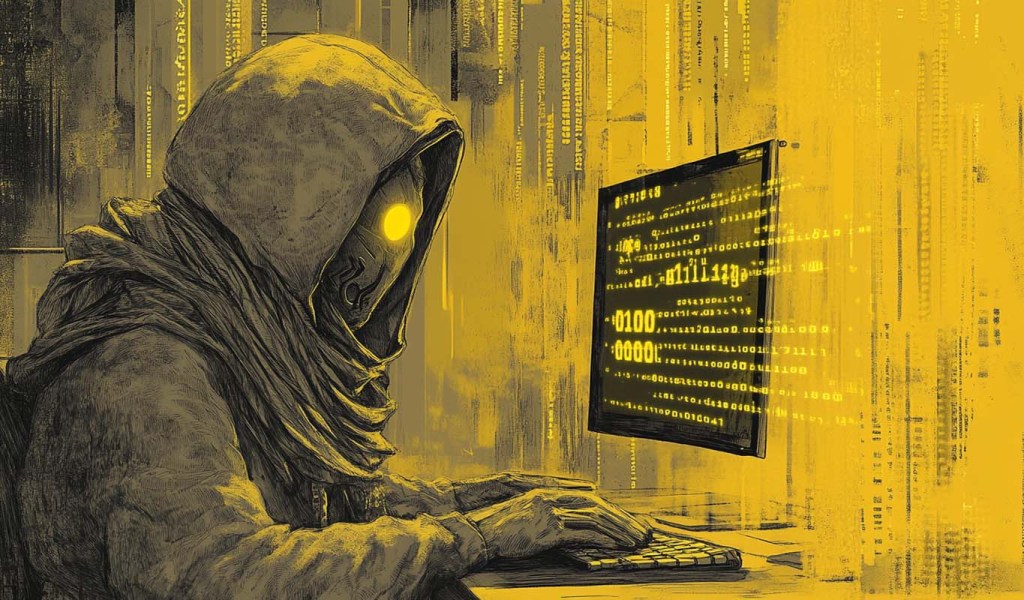18.06.2025 12:24
Iran's leading cryptocurrency exchange, Nobitex, has suffered a significant breach, with over $80 million in digital assets reportedly stolen. The attack, allegedly perpetrated by the hacking group Gonjeshke Darande, targeted multiple hot wallets across various blockchains, including TRON, Bitcoin, and Ethereum.
Blockchain investigator ZachXBT first revealed the incident on Wednesday via a Telegram post, detailing the substantial outflows. Among the compromised wallets, several featured provocative names – notably, "TKFuckiRGCTerroristsNoBiTEXy2r7mNX" on the TRON network, holding a staggering $48.6 million in USDT. This highly unusual naming convention strongly suggests a politically motivated attack.
Nobitex acknowledged the unauthorized access to its systems and hot wallets in a subsequent X post. While the exchange swiftly halted access and initiated an internal security review, it reassured users that assets held in cold storage remained secure. However, concrete evidence supporting this claim remains absent. ZachXBT’s analysis indicates the stolen funds are largely irrecoverable, unless stablecoin issuers choose to reissue the affected centralized stablecoins.
Accepting full responsibility, Nobitex pledged to compensate users for their losses using its insurance fund and internal resources. The extent of the financial impact, however, remains unspecified. The exchange's website and app remain offline pending a complete investigation.
This significant cyberattack coincides with heightened tensions between Israel and Iran, a context that has further unsettled the already volatile cryptocurrency market. As one expert noted, this incident underscores the growing risks within the digital asset landscape, particularly during periods of geopolitical instability. The situation highlights the vulnerability of even prominent exchanges to sophisticated cyberattacks and emphasizes the ongoing need for robust security measures.










